Any new release from Beyoncé sets the entertainment world on fire, so the unveiling of her new album, Renaissance, last week was met with a torrent of adulation and praise. Critics and audiences agreed that Queen B had once again hit a home run, with Billboard describing the album as an “absolutely stunning piece of work” and the Los Angeles Times calling it “the year’s smartest record.”
But it wasn’t long until controversy reared its head. The song Heated, written in collaboration with Drake, sees Beyoncé singing:
“Spazzing on that ass, spaz on that ass.”
This caused such a controversy that Beyoncé is returning to the studio to re-record the song without this line. So, why is “spaz” such a hot-button word?
A slur against people with disabilities

“Spaz” is a colloquial abbreviation of the word “spastic,” a now-outdated and offensive term to describe cerebral palsy. In 1951, The Spastics Society was formed in the United Kingdom and began raising money to support people with cerebral palsy, though promotion of the charity quickly led to “spastic” becoming a insult to imply stupidity and clumsiness and a way of demeaning people with any disability. By the 1990s, the word had become so poisonous that The Spastics Society renamed itself ‘Scope’ in the hopes of reducing the use of the slur as an insult.
These days, “spastic” or “spaz” is considered one of the most offensive words to use in the United Kingdom. Linguist Lynne Murphy described it as “one of the most taboo insults to a British ear” and a 2003 BBC survey revealed that the British public considers it the second most offensive term to refer to a person with a disability.
However, in the United States, the word isn’t specifically connected to disability and is generally used to imply hyperactivity, jumpiness, or clumsiness, and here is where the confusion arises. More specifically, in African-American Vernacular English (AAVE), it means to “go hard” or “go crazy.”
Lizzo’s “Grrrls”
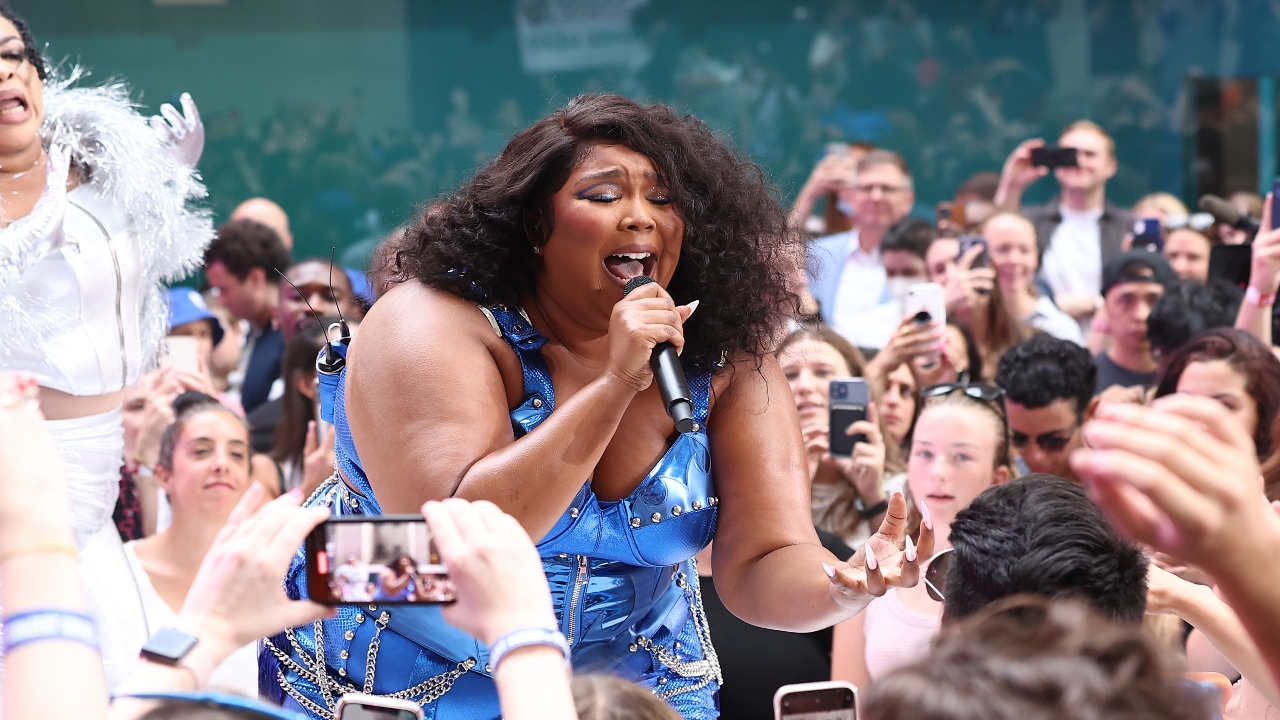
As recently as June, singer-songwriter Lizzo found herself in the same predicament for using the slur in her song Grrrls on her new album, Special. Disability campaigner Hannah Diviney promptly called her out:
Lizzo quickly responded, indicating she hadn’t realized the origins of the word and that she was proud to change the lyrics, saying:
“As a fat black woman in America, I have had many hurtful words used against me, so I understand the power words can have (whether intentionally, or in my case, unintentionally.)”
Beyoncé’s response

After the very high-profile criticism of Lizzo, you’d think Beyoncé might have taken notice and changed the lyric prior to release, but nobody involved in the album’s production seems to have noticed or cared. So, when Renaissance dropped last week, disability campaigners were aghast that the exact same situation had happened once again.
In a column in The Guardian, Diviney said that she was “rendered speechless by ignorance, sadness and a simmering anger born of bone-deep exhaustion” by Beyoncés use of the word:
I thought we’d changed the music industry and started a global conversation about why ableist language – intentional or not – has no place in music. But I guess I was wrong, because now Beyoncé has gone and done exactly the same thing.
Fortunately, in another more positive echo of the Lizzo situation, Beyoncé quickly confirmed that she will be rerecording Heated and replacing the digital version on all releases. One of her representatives gave a statement to Insider saying:
“The word, not used intentionally in a harmful way, will be replaced.”
As of writing the streaming version of Heated still contains the slur, though it sounds as if plans are afoot to get the song altered as soon as possible.
Further controversy
It’s worth underlining that, particularly in the United States, many see absolutely no negative connotations to using this word and don’t consider it a slur.
In a Medium post entitled “Leave Lizzo Alone, Spaz is Not a Slur in AAVE,” self-described social justice writer Khadejah argues that “non-black people need to mind their own business” and that “the word has a different meaning to black Americans. It may have a different meaning in Europe, but that’s Europe, not AAVE. We shouldn’t have to explain our language to people who appropriate it every day.”
So, don’t expect everyone to simply forget about this overnight. There will be more controversies of this kind to come, though if an artist as big as Beyoncé will change her lyrics to avoid slurring people with disabilities, it seems the tide is very slowly turning.

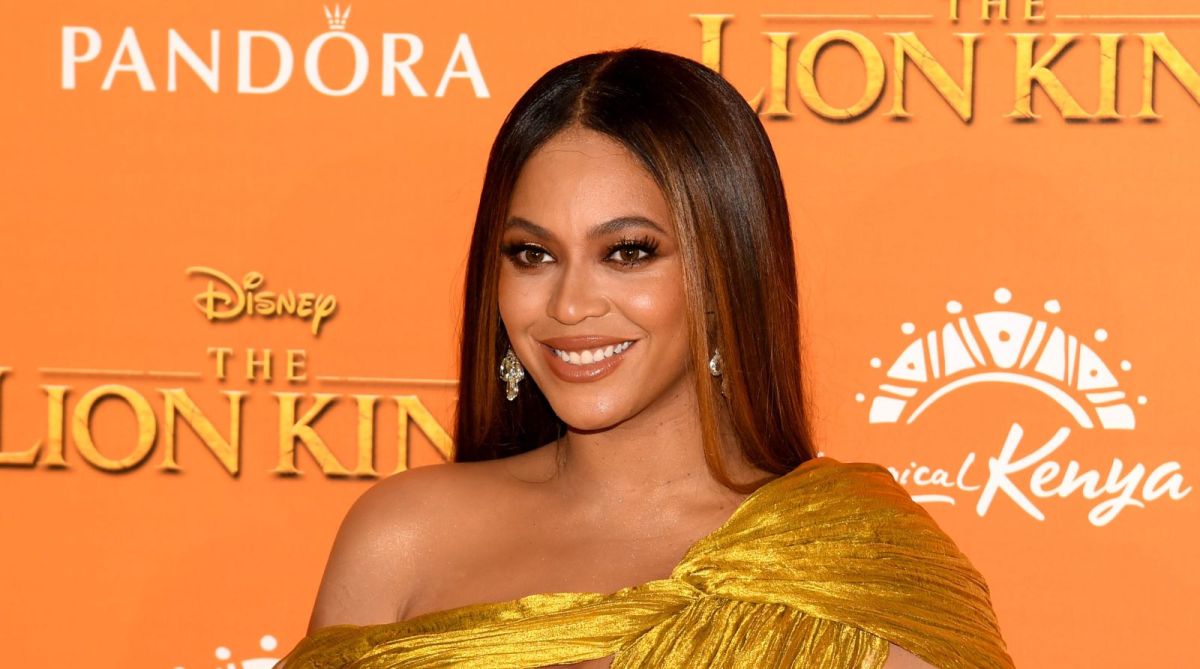
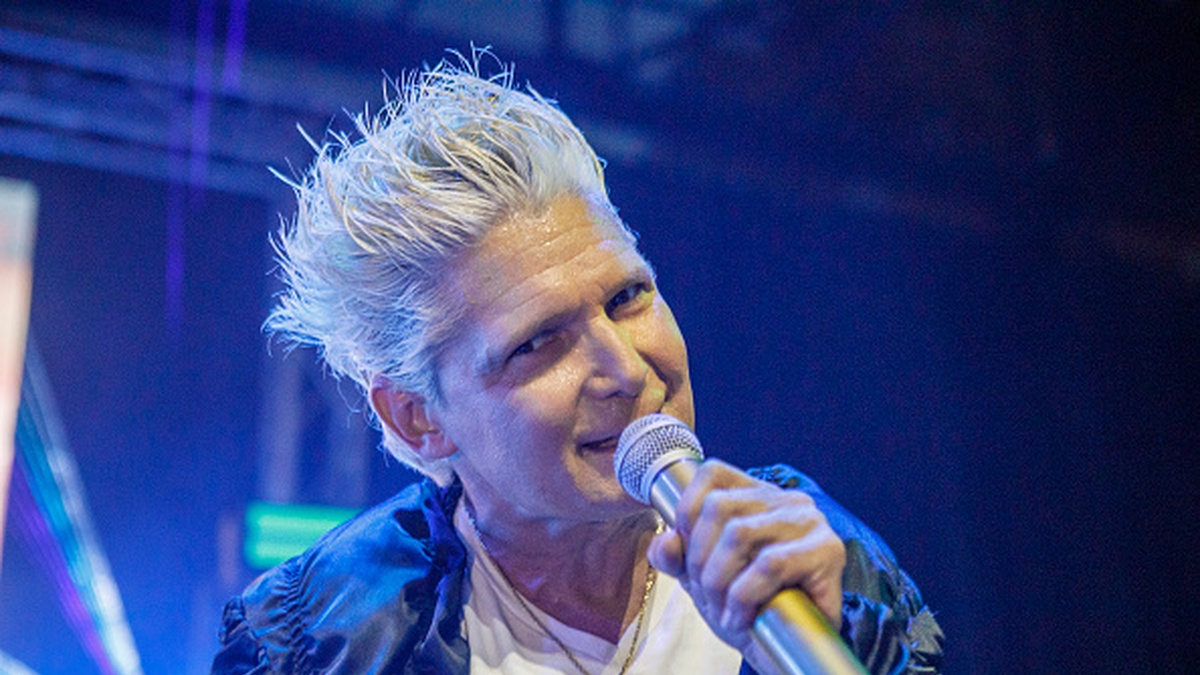


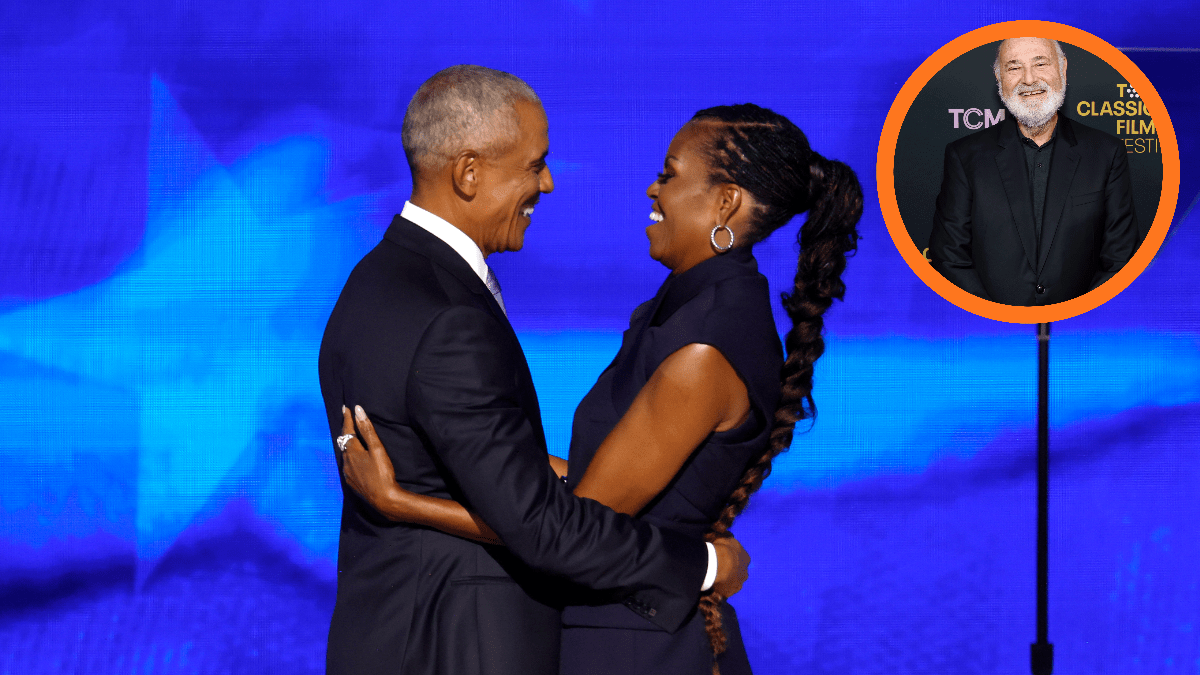
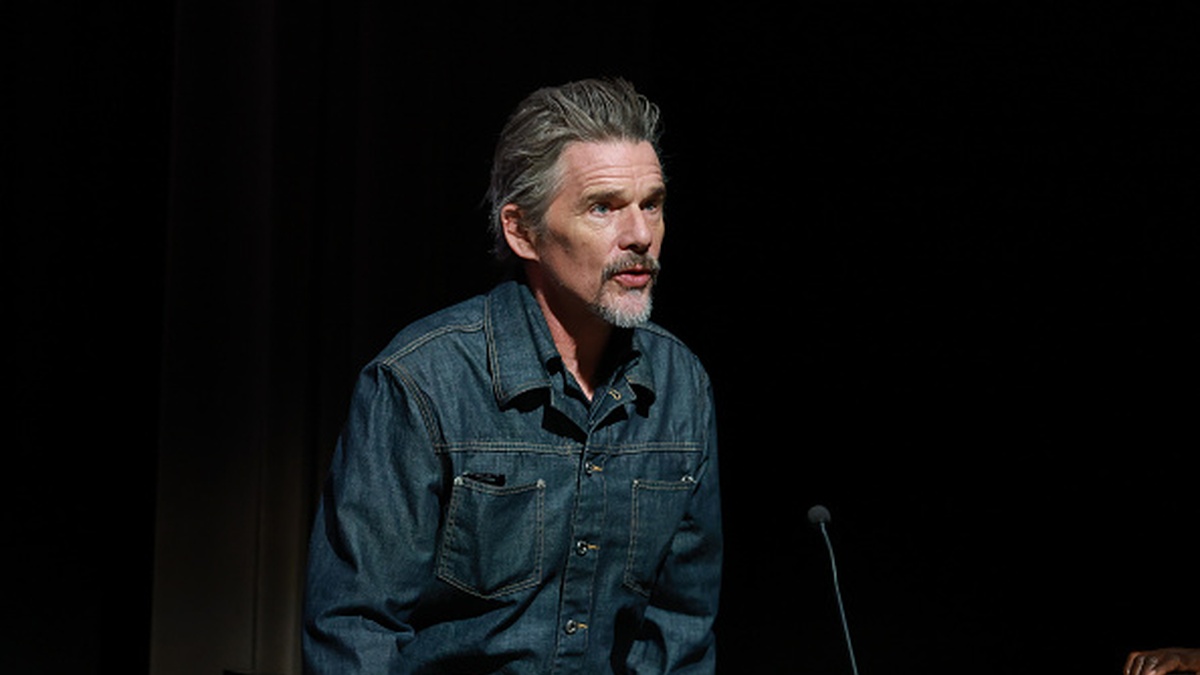

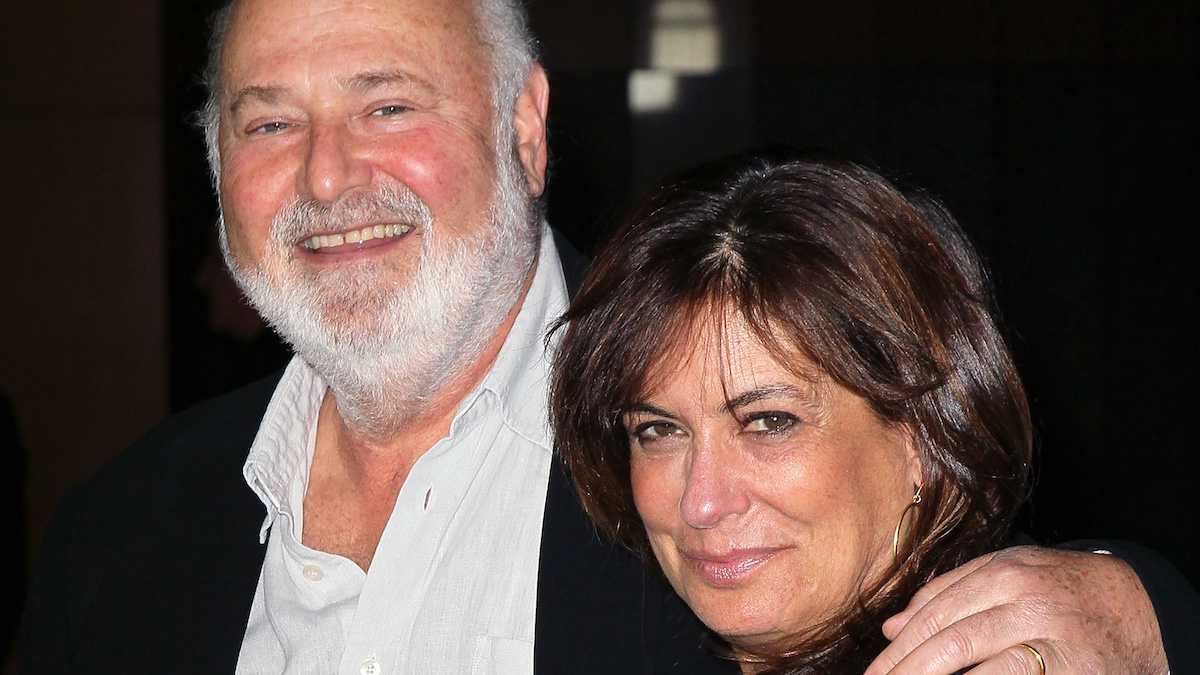
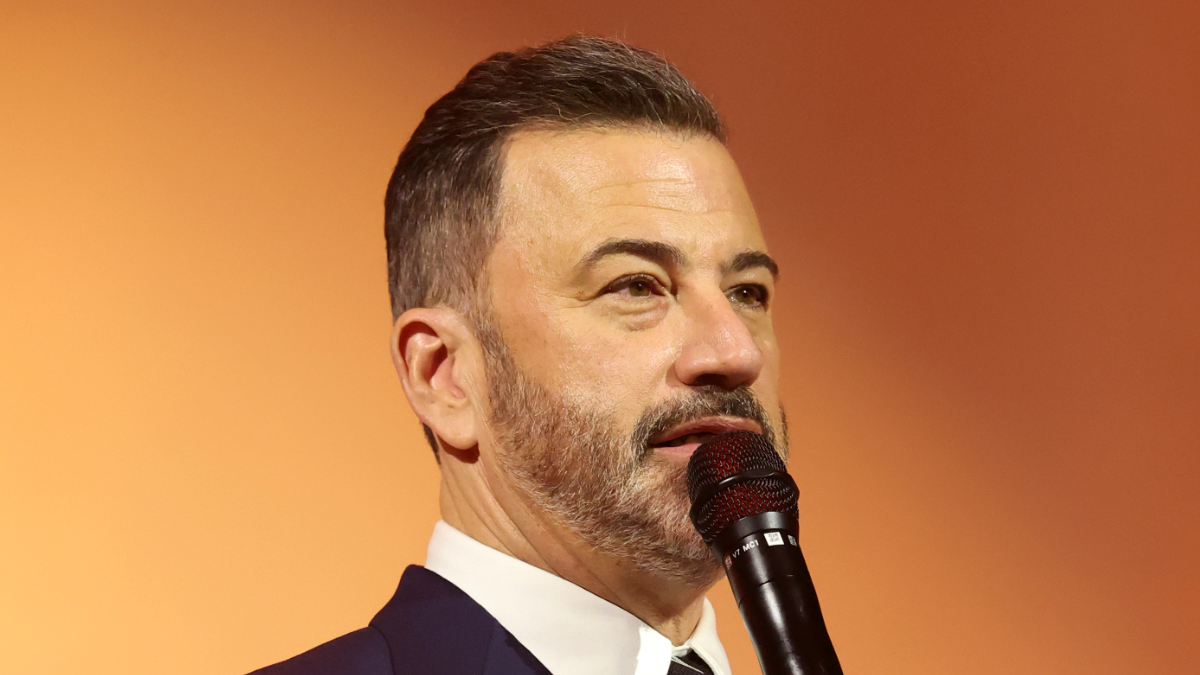

Published: Aug 2, 2022 10:59 am